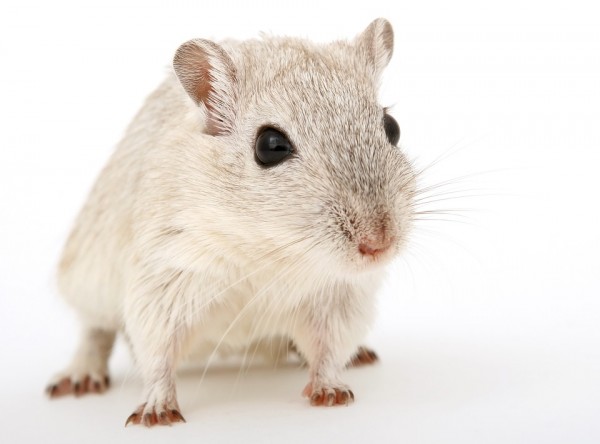By ivan wanjiku, | January 26, 2017

The results of the study holds promise for alleviating the severe shortage of human organs.
In a recent experiment to help out mice that were missing their pancreases, scientists have discovered that they can reverse diabetes in the mice.
Like Us on Facebook
Scientists grew new pancreases from mouse stem cells in the bodies of rats and then transplanted those pancreases into the mice.
According to scientists, the strategy of growing the organs of one species inside the body of another could potentially one day help to produce transplantable human organs grown in large animals such as pig or sheep.
Scientists say that the results of the study hold promise for alleviating the severe shortage of human organs.
"However, there is a much greater evolutionary distance between humans and pigs or sheep than there is between mice and rats, and this could create challenges," said Hiromitsu Nakauchi, a stem cell biologist at the Stanford University School of Medicine in California.
Nakauchi, the lead author of the study, said that so much more research needs to be done to ensure that this approach is safe and effective.
The researchers noted that the immune systems of some of the rats rejected the mouse pancreases. They, however, noted that the phenomenon is not uncommon.
After getting harvested from the rats and getting transplanted into the diabetic mice, the transplanted mouse tissues carried along a few stray rat cells.
The researchers treated each recipient mouse with immunosuppressive drugs after the transplant to prevent the rejection of the transplanted tissue.
In humans, immunosuppressive drugs have serious side effects.
After a period of 10 months, the researchers removed the islets from some of the mice for inspection and found that the mouse's immune system had eliminated all the rat cells.
"This is very promising for our hope to transplant human organs grown in animals because it suggests that any contaminating animal cells could be eliminated by the patient's immune system after transplant," Nakauchi said in a statement.
After the transplants, the blood sugar levels of the mice were successfully returned to normal for more than a year.
According to the US Department of Health, there are currently more than 76,000 patients in the United States awaiting organ transplants.
In the year 2015, over 30,000 transplants were performed.
Statistics say that 22 people die each day awaiting organ transplants.
-
Use of Coronavirus Pandemic Drones Raises Privacy Concerns: Drones Spread Fear, Local Officials Say

-
Coronavirus Hampers The Delivery Of Lockheed Martin F-35 Stealth Fighters For 2020

-
Instagram Speeds Up Plans to Add Account Memorialization Feature Due to COVID-19 Deaths

-
NASA: Perseverance Plans to Bring 'Mars Rock' to Earth in 2031

-
600 Dead And 3,000 In The Hospital as Iranians Believed Drinking High-Concentrations of Alcohol Can Cure The Coronavirus

-
600 Dead And 3,000 In The Hospital as Iranians Believed Drinking High-Concentrations of Alcohol Can Cure The Coronavirus

-
COVID-19: Doctors, Nurses Use Virtual Reality to Learn New Skills in Treating Coronavirus Patients







